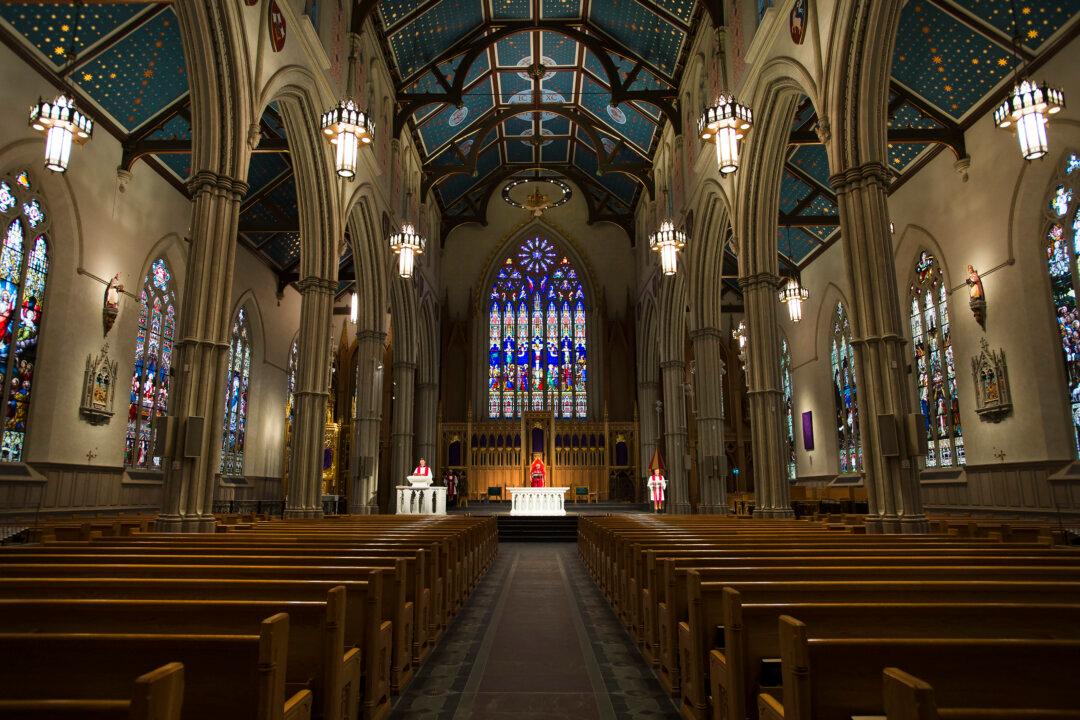The Archbishop of Toronto is calling on parishioners to contact their representatives about using a percentage of capacity instead of an arbitrary number to limit COVID-19 restrictions at churches, saying the current rules impose “inequities facing our faith communities.”
“The province has relaxed restrictions in Grey (Lockdown) regions, with retailers permitted to operate at 25 percent capacity. Yet places of worship, regardless of whether they seat 100 or 1,000 people, must remain at a hard cap of 10 people,” Cardinal Thomas Collins wrote in a letter (pdf) to parishioners on March 5.





